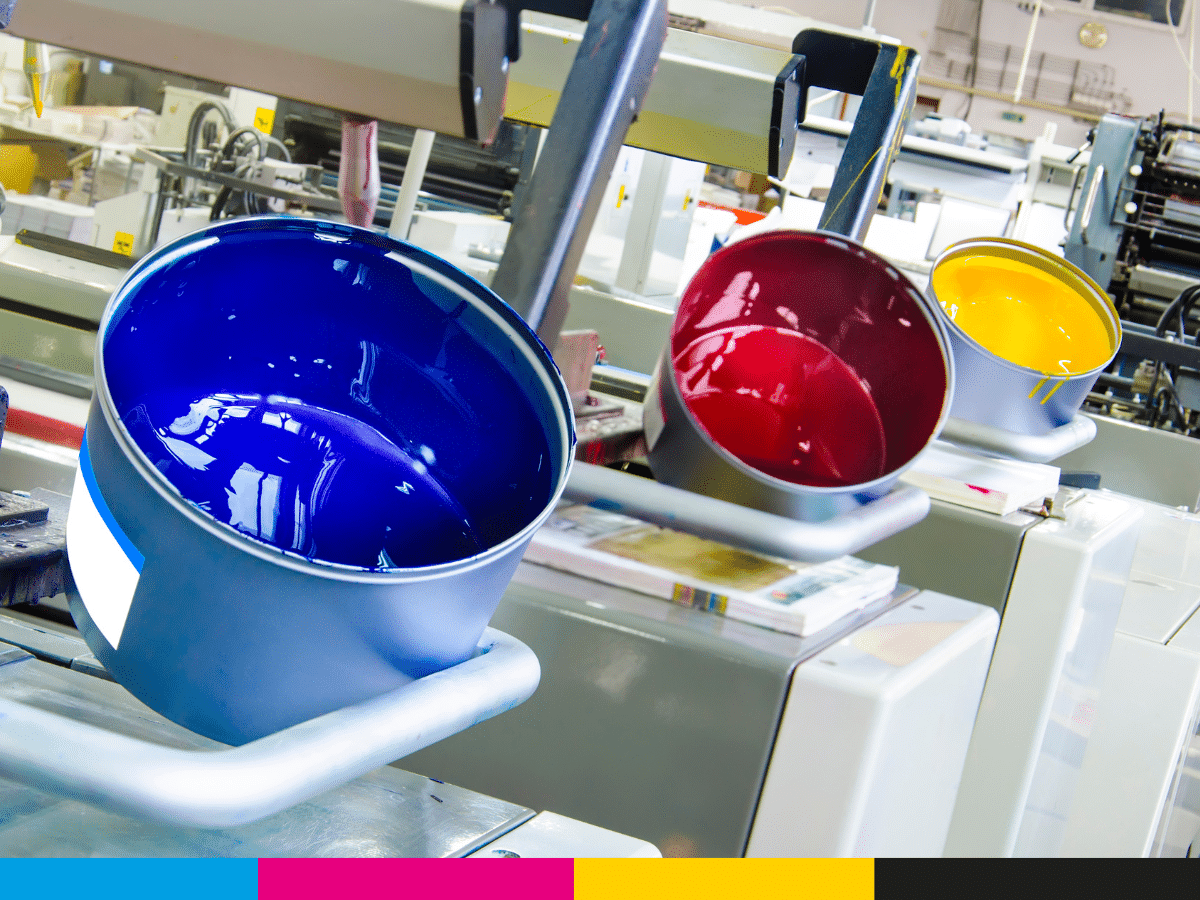In the world of printing, the choice of ink is crucial not only for the quality of the final product but also for its environmental impact. As concerns about sustainability and eco-friendliness continue to grow, many printing companies are turning to alternative inks, such as vegetable inks, to meet these demands. In this comprehensive guide, we will explore everything you need to know about vegetable inks, their benefits, how they compare to traditional inks, and why they are becoming the preferred choice for environmentally conscious businesses.
What are Vegetable Inks?
Vegetable inks, also known as bio-based inks, are made from vegetable oils such as soybean, linseed, or corn oil. These oils are processed to create a suitable ink for printing on various surfaces, including paper and cardboard. Unlike traditional petroleum-based inks, vegetable inks are derived from renewable resources, making them a more sustainable option.
Benefits of Vegetable Inks
- Environmentally Friendly
Vegetable inks are biodegradable and non-toxic, reducing the environmental impact of printing.
They contain fewer volatile organic compounds (VOCs), which are harmful chemicals that contribute to air pollution.
The production of vegetable inks generates fewer greenhouse gas emissions compared to petroleum-based inks.
- High Print Quality
Vegetable inks produce vibrant colors and sharp images, making them ideal for high-quality printing projects.
They have excellent adhesion properties, ensuring that the ink adheres well to the printing surface.
- Healthier Work Environment
Since vegetable inks are non-toxic, they create a healthier work environment for printing professionals.
They eliminate the need for harsh chemicals in the printing process, reducing the risk of exposure to harmful substances.
- Versatility
Vegetable inks can be used for a wide range of printing applications, including offset, flexography, and digital printing.
They are compatible with various substrates, including recycled paper, making them a versatile choice for environmentally conscious printing projects.
How Vegetable Inks Compare to Traditional Inks
Vegetable inks offer several advantages over traditional petroleum-based inks. Here’s a comparison:

Conclusion
Vegetable inks are revolutionizing the printing industry by providing a more sustainable and environmentally friendly alternative to traditional inks. Their numerous benefits, including high print quality, versatility, and eco-friendliness, make them an excellent choice for businesses looking to reduce their environmental impact. By switching to vegetable inks, printing companies can not only improve the quality of their products but also contribute to a greener, more sustainable future.


